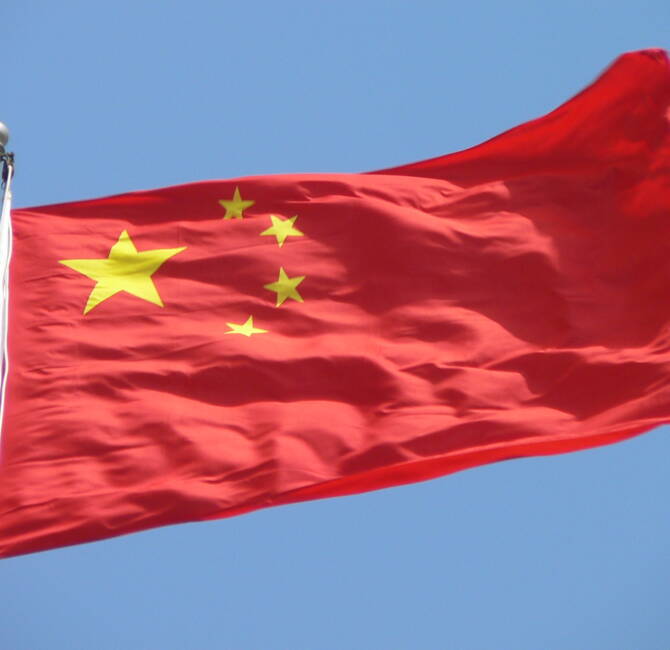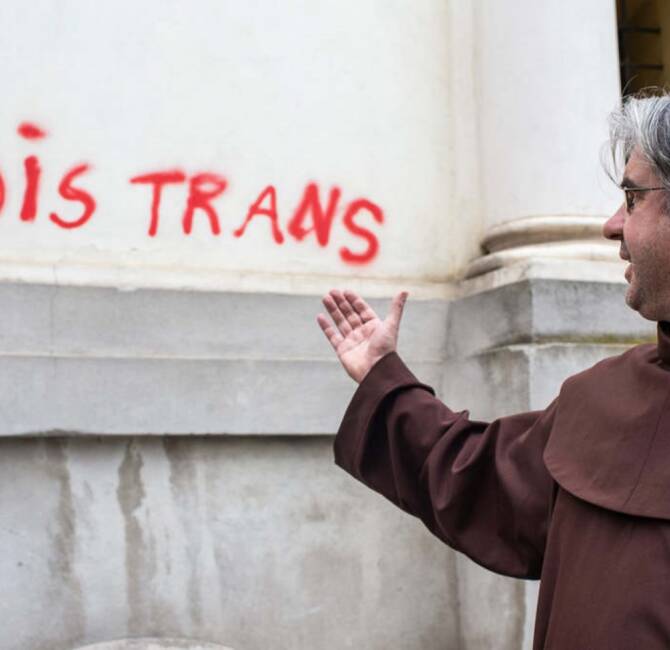This article has been published online by the Magyar Nemzet on September 8, 2020.
Organizer behind the antihungarian campaign is a paid lobbyist (Part 2)
As we made clear in the first part of our series introducing Gerald Knaus, the Soros-lobbyist orchestrating anti-Hungarian campaigns and founder of the European Stability Initiative (ESI), has been receiving through his foundation, serious sums of money regularly. Thereby he publicly and as a lobbyist represents the Open Society Foundation. In the second part of this series we will reveal the operation of the background lobby, which is enormously helped by Knaus and his circle’s evident influence in every significant European institution.
In April 2018, Pace Leaks appeared on Twitter; though incognito, it was an outstandingly well-informed leak site. The social media account specifically sought to examine the connection between the Council of Europe and Knaus, revealing a number of suspected corruption links that affected Hungary too.
As it’s widely known, the Council of Europe and its leader, the left-wing Thorbjorn Jagland—who of course also is closely tied to George Soros—have criticized our nation on countless occasions.
Gerald Knaus utilizes two strategies simultaneously to influence the Council of Europe (CoE): first, he has woven a tight web of connections around CoE politicians. They are mainly made up of lobbyists or those in NGOs who could, at any time, become a CoE leader’s colleague, or end up back with Knaus (revolving door effect). It’s not hard to exchange information, lobby, or informally pressure others in this kind of network. It evokes the operation of a classic business lobbying organization.
The second strategy that Knaus’ circle employs is utilizing their publicity. For example, in one of his posts he praises the Parliamentary Assembly of the CoE for going in the “right direction” on a given topic—but he then immediately calls for further action.
The aforementioned Jagland, “must make a proposal”—demanded Knaus from the Secretary General of the CoE, foregoing any formalities. And, for some reason he tags the ECFR at the end of his post—another Soros lobby. We’ll elaborate on the significance of this later on. Documents evidence the cash flow between the Soros foundation and Knaus’ institute. The purpose of these transactions was glaringly evident: to influence the political direction of the Council of Europe.
According to our information, Knaus’ relationship with the Soros-network goes much deeper than this. Aside from the reports published on the ESI website, so-called “shadow reports”, exclusive political contents, are put out for members of the network.
According to our sources, Judith Sargentini, who drafted the European Parliament’s article 7 case against Hungary, was partly prepared with these reports along with the personal input of other members of the network. In fact, earlier on, Sargentini shared Knaus’ appearance on Dutch TV on her twitter– out of her concern for migrants.
Meanwhile, ESI insiders say he emphasizes lobbying not just in Brussels, but in Berlin and Paris. It cannot go unsaid that the network’s Hungarian leaders keep in touch with him. We confirmed this in their social media interactions, and we are now convinced that Knaus is tied to the NGO world’s vital individual, with whom he is friends with on social media. You can read the first introductory part of our Gerald Knaus, anti-Hungarian Soros-lobby orchestrator, series HERE.
A cynical message
“Some in Hungary are unhappy about our work? Why? Hm …”—wrote the ESI chairman cynically on Twitter in response to our article on Monday. Gerald Knaus also linked a photo of Magyar Nemzet’s front page to his post. The Austrian politician didn’t try to refute anything from our allegations, and he didn’t wait long to notify Armin Wolf, Austrian journalist, Maximilian Poppot, writer for Spiegel, Patrick Kingsley, and Steven Erlanger, a New York Times correspondent, of his post.




